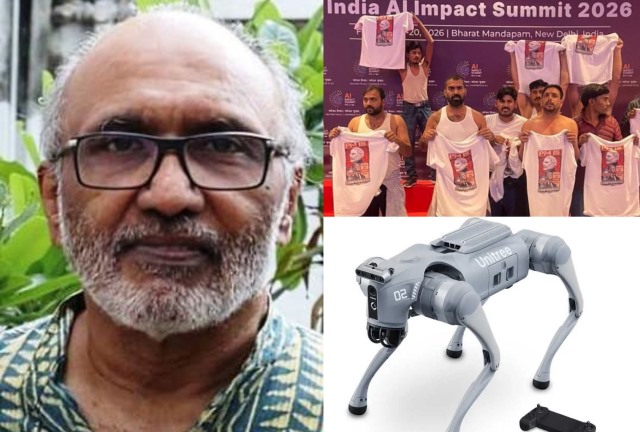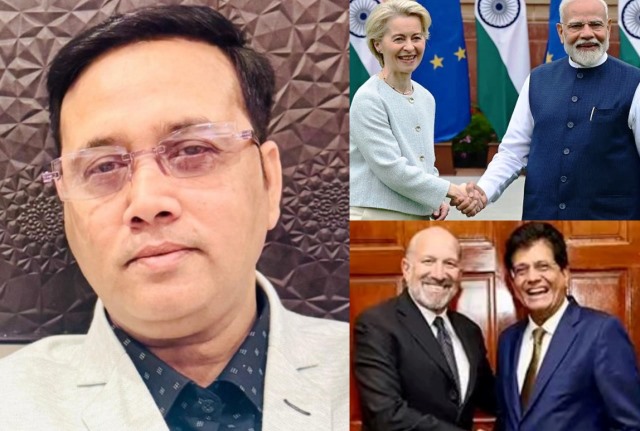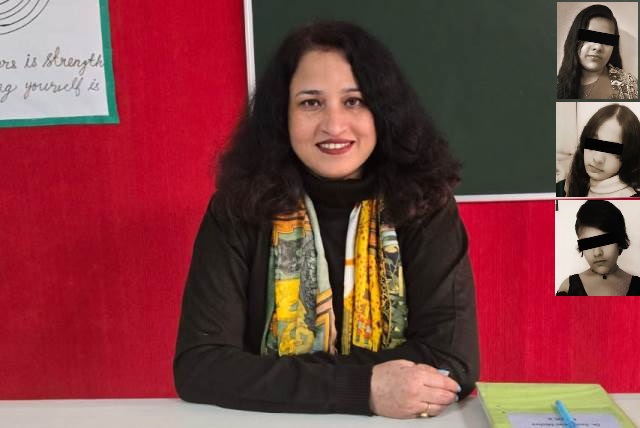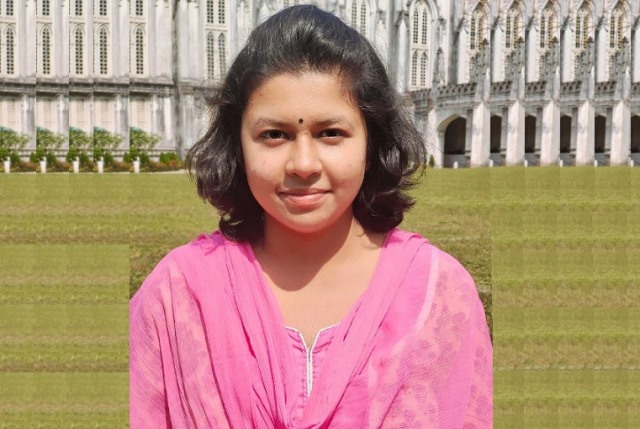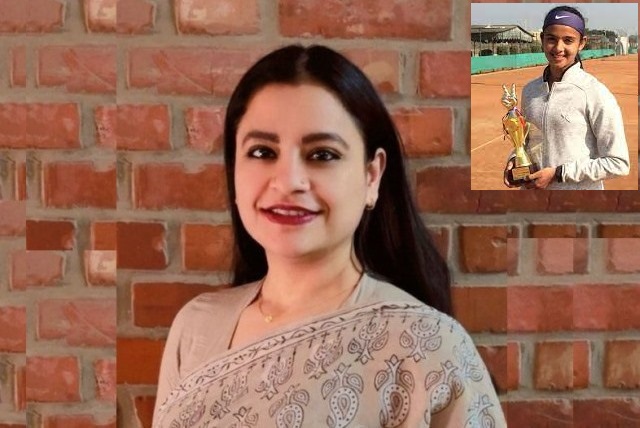
‘As A Society We Failed Radhika Yadav, Let’s Save Other Daughters’
Prof (Dr.) Mehak Jonjua, who teaches at Sharda University, says killing of a budding tennis star points to a societal malaise and a collective responsibility. Her views:
Radhika Yadav—just 21 years old, full of life, a national tennis player. She had dreams in her eyes, strength in her arms, and a future waiting for her. And yet, on July 10, 2025, she was killed. By her own father.
As a professor, I have studied violence in families. As a citizen, I have read these headlines before. But as a mother—especially of a young girl who is also an athlete, training hard every day to become a boxer—I am heartbroken in a way I cannot explain.
I keep picturing Radhika in her room—maybe she had just come back from practice, sweaty, exhausted, hungry. Maybe she was texting a friend. Maybe she had plans for a tournament or was helping a student with their serve. In that ordinary moment, her life was taken. Why?
They say it was an “honour killing.” This word makes me shiver. What kind of honour demands your own child’s life? What kind of family honour blinds one with such cruelty?
Radhika’s home, like many in our society, wasn’t a safe space. She followed rules that made her feel small. Her clothes were questioned. Her friendships were doubted. Her choices were labeled as disobedience. She wasn’t asking for anything outrageous—just the right to be herself.
I have seen this quiet suffering in many young women. I have taught them. I have counselled them. And yes, I have argued with my own daughter sometimes when she wears bold colours, speaks her mind, or comes home with bruises from the boxing ring. But I always remind myself—her strength is not a threat. Her independence is not rebellion. It’s her right.
ALSO READ: ‘Even Judges Carries Preconceived Bias Towards Women Role’
We, as parents, are supposed to be the ones they run to—not the ones they run away from.
Radhika’s death is not just one family’s tragedy. It is all of ours: A societal malaise and a collective responsibility. It reminds us that too many homes are controlled by fear and pride, not love and trust. The numbers—1,500 family-related killings in 2023—are horrifying, yes. But statistics don’t cry. Daughters do.
I don’t know Radhika personally, but I feel as if I do. She was the girl next door. One of the students in my class. The friend your daughter laughed with at practice. She could’ve been my daughter. She is every daughter who’s ever been told, “Don’t talk back,” “Stay silent,” “Don’t shame us.”
It’s time to break this silence.
Talk to your children. Not at them. With them. Let them be proud of who they are without fearing your love will disappear the moment they say or wear something you don’t like.
We can’t bring Radhika back. But we can make sure no more daughters are lost to this twisted idea of “honour.”
As a mother, I promise: my daughter’s voice will never be a reason for fear. It will be my pride.
As told to Deepti Sharma
